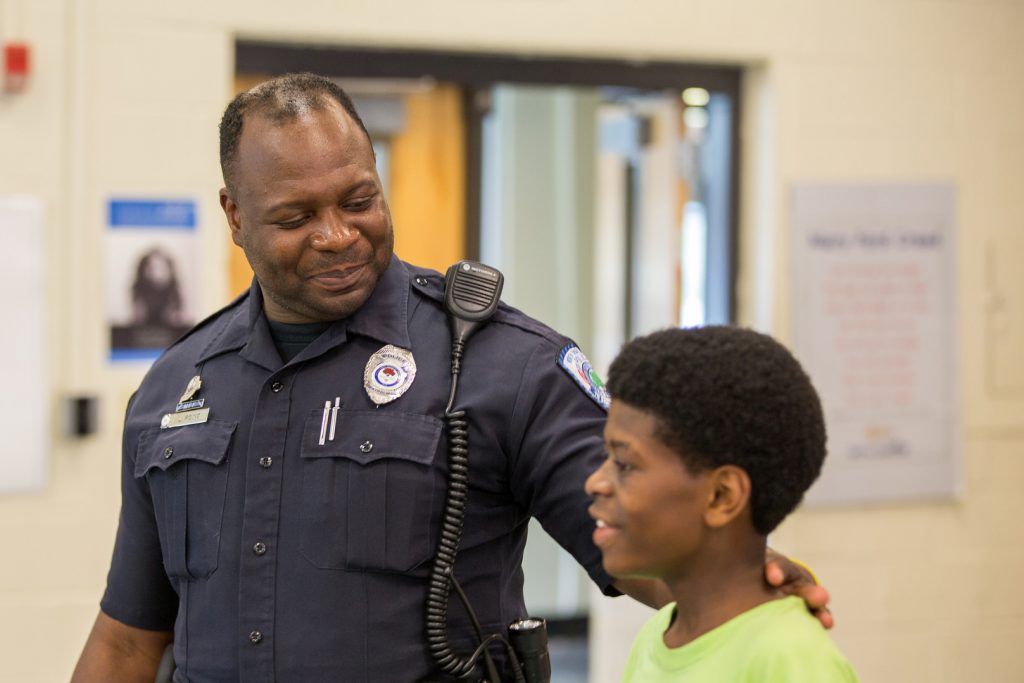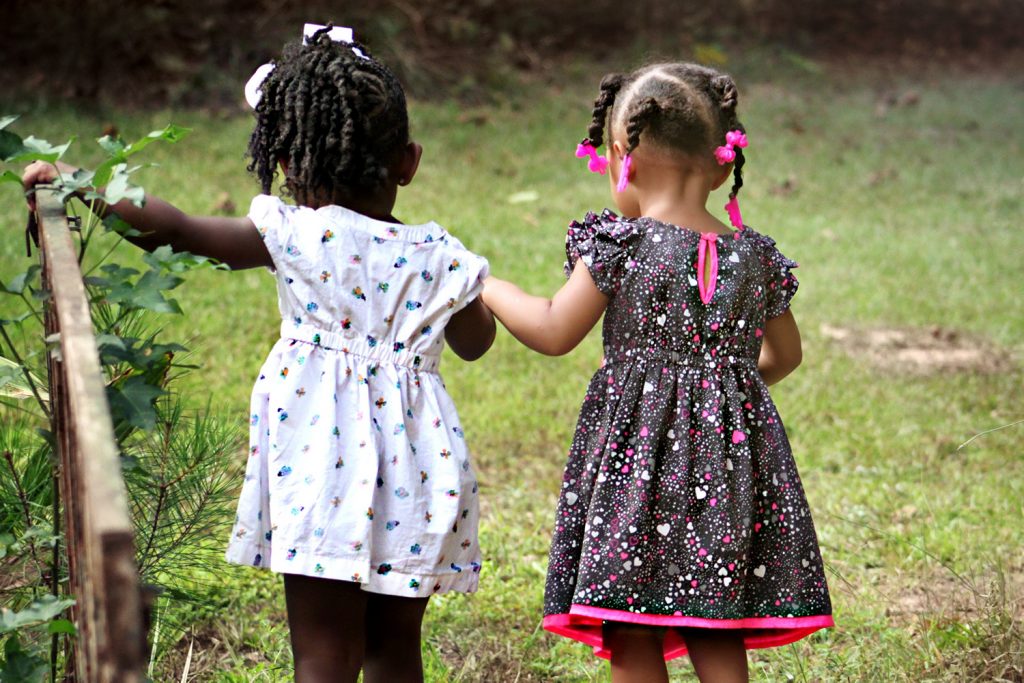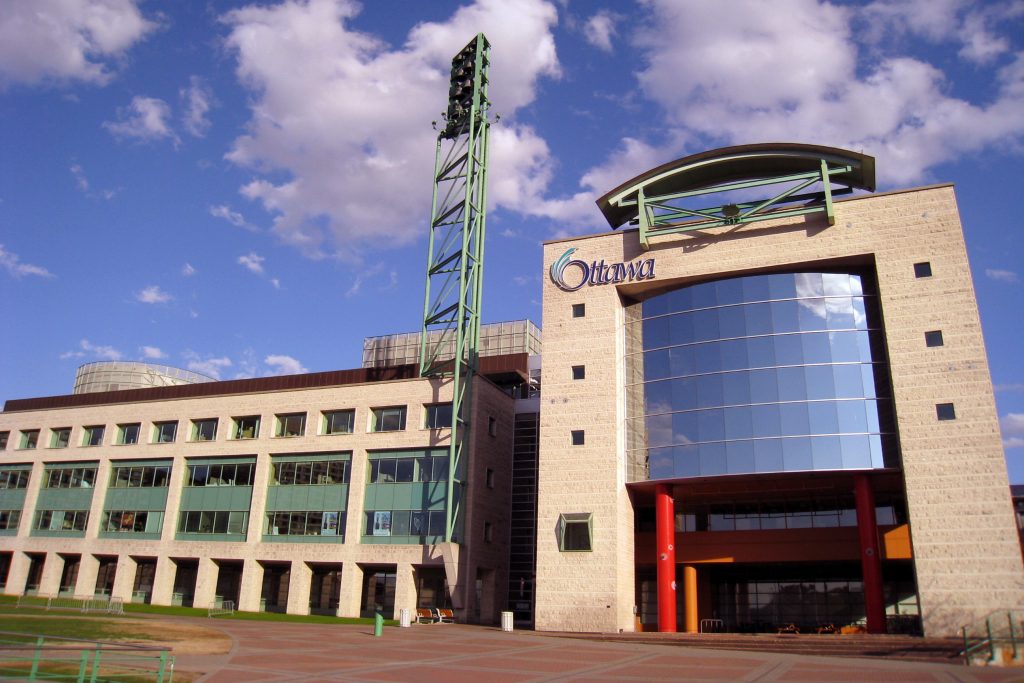Crime and Safety
Beyond the impact of crime on individual victims, criminal activity can significantly affect neighbourhoods and communities. For example, it can influence residents’ sense of safety and trust, the use and enjoyment of public spaces like parks, the views that non-residents hold about the neighbourhood, and property values. Concerns about crime can also empower communities, bringing residents together to work for increased public safety.
Diversity and Cohesion
There are many types of communities beyond the place where one lives. But sense of belonging at the city and neighbourhood level (place-based community) remains important to personal and societal health and well-being. Historically, community cohesion came from common backgrounds, beliefs and traditions. Today, place-based community-building involves opening to diverse ethnicities, beliefs, traditions, sexual orientations, abilities, etc. It requires particular attention to those most at risk of isolation and disconnection.
Municipal Politics
Municipal governments play a huge role in the everyday lives of Canadians. Municipal land use planning shapes how a City looks, feels and functions and sets the stage for the future. Municipal governments also have jurisdiction over much of our local infrastructure and many services (e.g., roads, water, sewage, garbage, transit, parks, libraries, community centres, police, and fire). Given the range of responsibilities and authorities held by municipal governments, public engagement in city politics can have major implications for the quality of life of its residents.
Volunteering and Philanthropy
Volunteering and philanthropy are important elements of civic engagement, which refers to actions by individuals and groups to improve the quality of life in communities. Levels of civic engagement depend on many factors including – but not limited to – personal values and experience, broader community and societal conditions, and perceived needs and opportunities.





